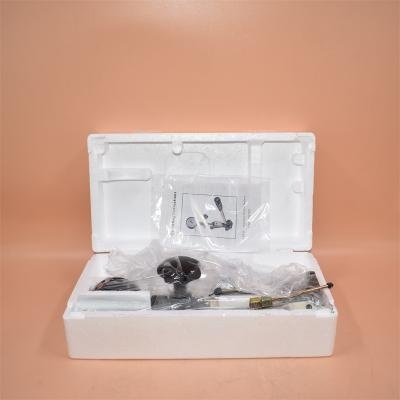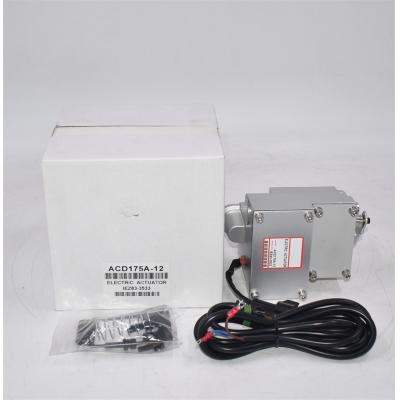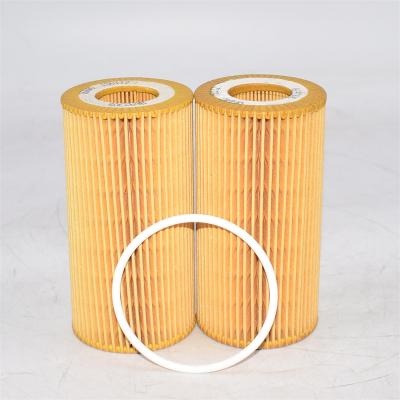How do hydraulics work
How do hydraulics work? For centuries people have known harnessing hydropower for everyday use. It is one of the most widely used and oldest forms of energy usage. Its applications range from watering to construction equipment and heavy machinery. It is so widespread that many households and offices may use hydraulic equipment daily. The engineers of the past built the basis for contemporary hydraulic systems to meet the needs of the modern world.
Who invented hydraulics then? It’s hard to determine who exactly invented the hydraulic systems. Hydraulic systems have been created from the work of great minds like Leonardo da Vinci, Galileo Galilei, Blaise Pascal, and Joseph Bramah, to name a few. Hydraulics found its place in the modern world during the industrial revolution offering wide-reaching and effective applications.
As the 20th Century began, so did the new and varied uses for hydraulics. Hydraulics are widely used systems because they are adaptable, easy, and flexible to use with many different actuator types. The high-power density is one of the advantages the system offers. Aside from vehicle and industrial usage, you can find hydraulic systems everywhere. Most sophisticated machinery includes airplanes, space shuttles, construction equipment, and elevators.
What is a hydraulic system?
Today, hydraulic systems have a wide range of applications, from small assembly processes to integrated steel applications and heavy machinery. The hydraulic system enables the operator to complete a lot of work by applying Pascal's law, with the minimum mechanical connection investment, lifting heavy objects, rotating shafts, drilling precision holes, etc.
Hydraulic press usually consists of a pair of hydraulic cylinders, which are connected with each other and filled with hydraulic oil. Two pistons which keep in contact with the fluid are installed on the side of these cylinders. When a certain force is applied to the smaller part of the piston, the pressure is transmitted throughout the fluid. According to Pascal's law, the pressure will be the same as the pressure exerted by the fluid in the other piston.
Hydraulic fluid generates fluid power through the hydraulic system by pumping fluid. Fluid flows through the valve to the cylinder, and hydraulic energy converts it back to mechanical energy. These valves help direct the flow of fluid and relieve pressure if necessary.
The principle of Pascal's law is realized in the hydraulic system through the hydraulic fluid that transfers energy from one point to another. Because hydraulic fluid is almost incompressible, it can transmit power instantaneously.
A British mechanic named Joseph Bramah applied the principle of Pascal's law and developed the first hydraulic press at the beginning of the Industrial Revolution. His hydraulic press was patented in 1795 and is widely known as the Bramah press. He believed that the pressure exerted on a small area would be converted into a greater force, which would be greater on the other side of the cylinder.
How does the hydraulic system work?
The hydraulic system consists of five components: driver, pump, control valve, motor and load. The engine can be an electric motor or any type of engine. The function of the pump is mainly to increase the pressure.
The hydraulic system consists of several parts:
1.The electric motor powers the hydraulic pump.
2.The reservoir holds hydraulic fluid.
3.The hydraulic pump pushes the fluid through the system and converts mechanical energy into hydraulic fluid power.
4.The valves control the flow of the liquid and relieve excessive pressure from the system if needed.
5.The hydraulic cylinder converts energy back into mechanical energy.
There are several types of hydraulic systems, but each type contains the same major components as listed. All of these are designed in the same way.
Advantages and disadvantages of hydraulic system
The hydraulic system is a power transmission chain that converts mechanical energy into pressure and flows back to mechanical motion again. In general, the initial mechanical energy is the rotational motion generated by an internal combustion engine or an electric motor. The transmission of pressure and flow is generated by hydraulic oil, and the final movement can be rotary or linear.
The advantages of the hydraulic system are:
1.Hydraulic systems are self-lubricating
2.Good power to weight ratio
3.Relatively small components
4.Easy and flexible transfer of energy with hydraulic pipes
5.Possibility to remove the actuation from hydraulic power generation due to easy transfer of hydraulic energy
6.The hydraulic systems can be controlled either manually or with modern electronics.
The disadvantages of the hydraulic system are:
1.The cleanness of transmission fluids
2.The temperature dependant characteristics of fluids
3.Long-distance power transmission causes power losses in the system
4.The components and hydraulic fluids require maintenance at regular intervals
























